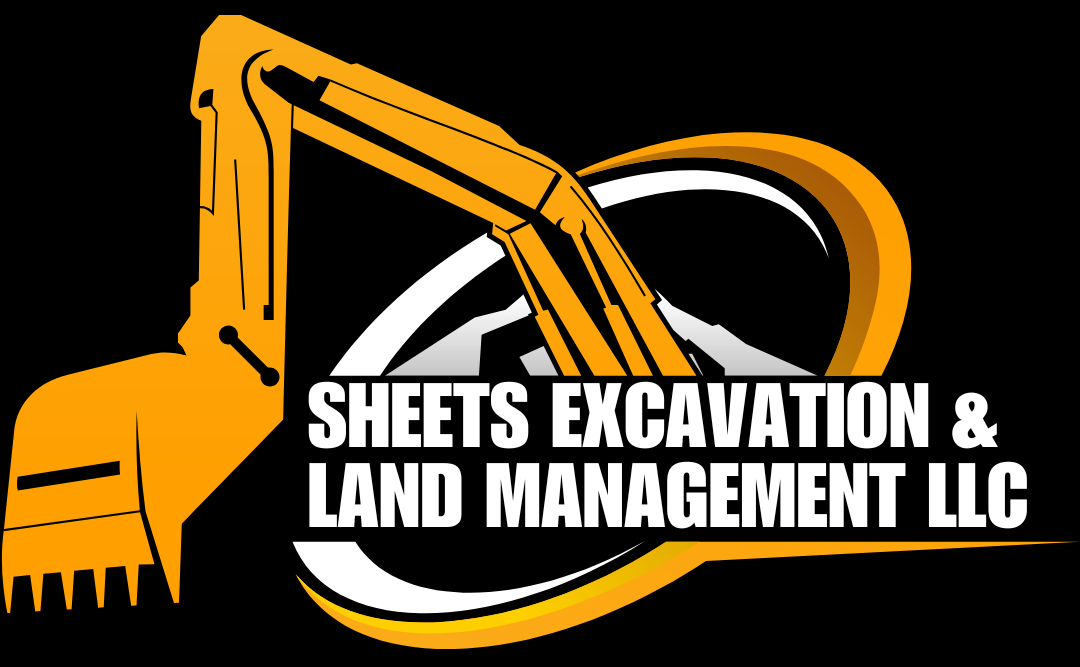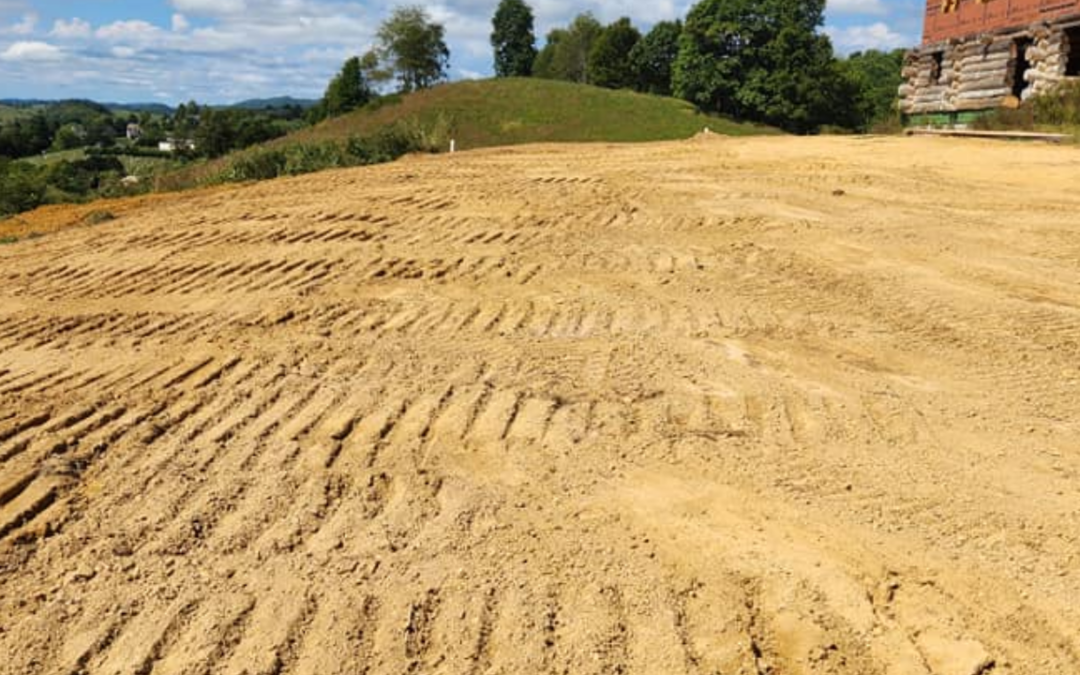Soil testing plays a crucial role in the success of any excavation project. Before breaking ground, it’s essential to evaluate the soil’s composition and stability to avoid potential issues during construction. Whether you’re building a new home, remodeling, or installing utilities, understanding your soil can save time, money, and stress. Here’s why soil testing should be a top priority before any excavation project.
Table of Contents
1. Understanding Soil Composition to Avoid Delays
- Not all soils are created equal. Different types of soil, such as clay, sand, or silt, behave differently under pressure.
- Testing identifies potential issues like unstable ground, the presence of rocks, or water-logged areas that could impact your foundation.
- Detecting these problems early ensures that the excavation team can plan around them, minimizing unexpected delays and rework later on.
2. Preventing Foundation Failure Through Soil Analysis
- A stable foundation begins with proper soil conditions. Poor soil can lead to settling, cracking, or water infiltration over time.
- Soil testing ensures the correct foundation type—whether slab, crawl space, or basement—by determining the ground’s ability to support the structure’s weight.
- Tests also reveal if extra steps like soil compaction or reinforcement are needed to ensure your structure stays level and secure for years to come.
3. Ensuring Proper Drainage and Flood Prevention
- Soil analysis helps identify areas prone to poor drainage, preventing flooding issues that can arise post-construction.
- Knowing the permeability of your soil allows the excavation team to install drainage solutions like French drains, ensuring that water doesn’t pool around your foundation.
- Professional contractors can create slopes or grade the site appropriately, redirecting water away from critical areas.
4. Meeting Local Regulations and Avoiding Legal Issues
- Soil testing is often required by local building codes and regulations to ensure construction safety and environmental compliance.
- Early soil tests streamline the permitting process, ensuring your project won’t be delayed by regulatory obstacles.
- A thorough soil analysis can also reveal the presence of hazardous materials or contaminants, which need to be addressed before excavation can proceed safely.
5. Saving Money by Avoiding Unnecessary Excavation and Repairs
- Discovering soil issues midway through a project can cause costly delays and require additional excavation.
- Soil testing helps contractors plan efficiently, reducing the risk of encountering unforeseen problems that require expensive fixes.
- This proactive step ensures that materials and equipment are used optimally, avoiding wasted effort and budget overruns.
Set Your Project Up for Success with Soil Testing
Soil testing is a critical step that should never be overlooked. It provides valuable insights into ground conditions, prevents costly issues, and ensures the long-term success of your project. For expert excavation services in Glade Spring, VA, contact Sheets Excavation & Land Management LLC at (276) 706-6845. Our team specializes in site preparation, drainage solutions, and foundation excavation. Visit our website or check out our Google Maps listing here. Call us today to ensure your next project starts on solid ground!

